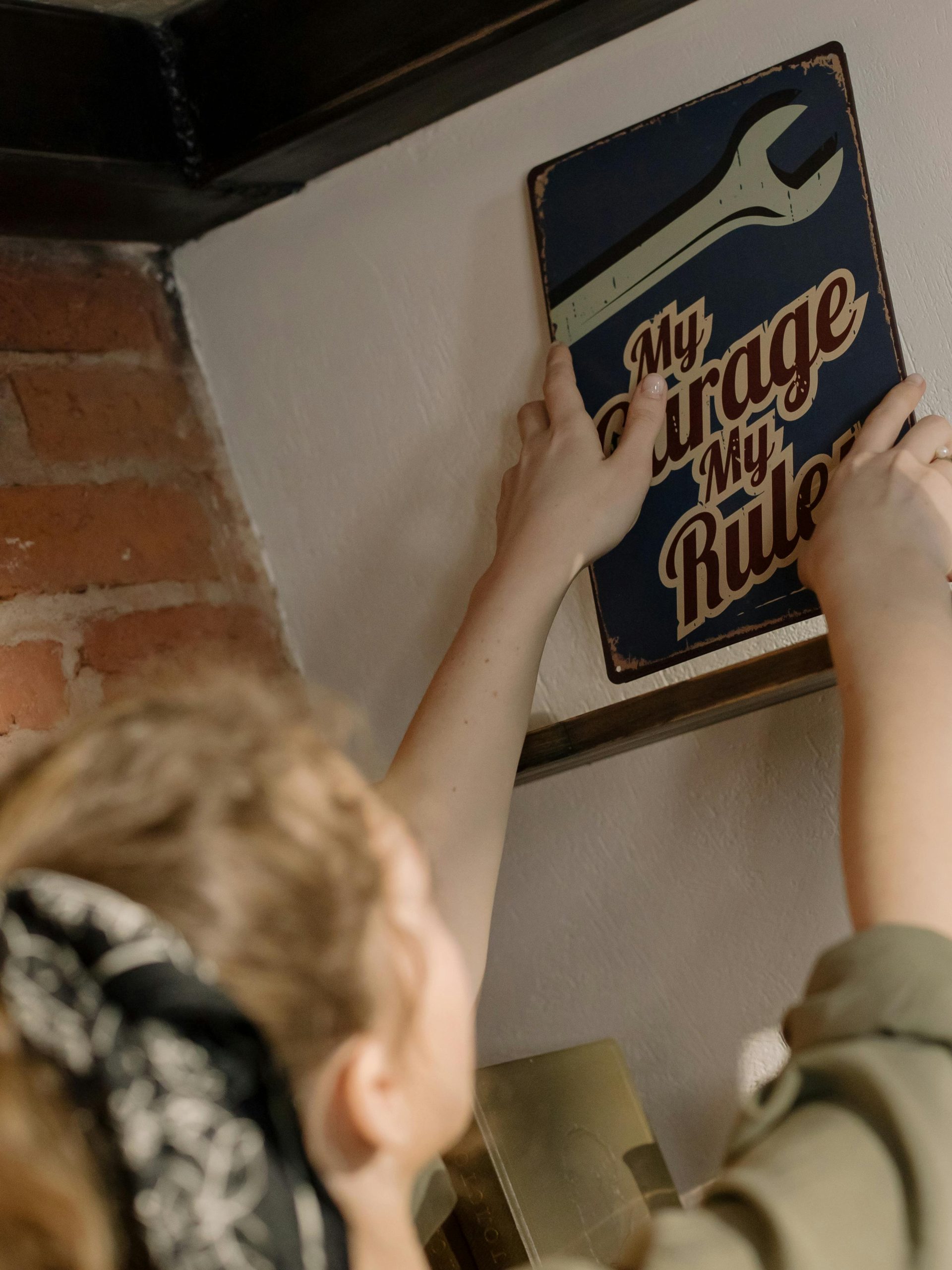How to Handle a Rear-End Collision with an Uninsured and Unlicensed Driver: Essential Steps and Legal Advice
Encountering a rear-end collision under challenging circumstances can be a stressful experience. If you’ve been hit by a driver who lacks a license and insurance, it’s crucial to understand your rights and the proper procedures for handling the situation. Here’s a comprehensive guide to navigating this scenario effectively.
Understanding Your Situation
Recently, I was involved in a minor rear-end collision where the other driver was unlicensed, uninsured, and unregistered—unfortunately, a common concern on the roads today. The impact was minimal, resulting in only a scratched rear bumper, but the driver’s refusal to provide valid identification complicates matters. They have expressed a desire to settle the issue privately, bypassing insurance claims.
Your Evidence and Documentation
You’ve taken proactive steps to gather evidence, including:
- Video footage of the incident, clearly showing the license plate, and identifiable images of the driver and passenger
- Photographs capturing the extent of the damages
- Contact information and photo IDs of the driver and passenger
This information will be vital in establishing fault and supporting any claims or disputes.
Next Steps and Important Considerations
-
Timing for Repair Quotes and Claim Submission:
Most body shops are closed on weekends, so obtaining an official repair estimate might be delayed until Monday. If you plan to attempt a private settlement, ensure you understand any deadlines set by your insurance policy. It’s advisable to notify your insurer (in this case, GEICO) about the accident sooner rather than later. While notifying them today typically won’t trigger an automatic claim, confirm with GEICO’s representatives whether sharing incident details could influence your coverage or premiums, especially if you pursue a private settlement. -
Collision Deductible and Uninsured Driver Situations:
Given that the opposing driver is uninsured, check with your insurer whether your collision coverage includes a deductible waiver or coverage for damage caused by an uninsured motorist. Many policies offer options or add-ons that can protect you in these situations. -
Impact on Insurance Premiums:
Even if you are not at fault, how your premiums are affected depends on your insurer’s policies and whether a claim is filed. If you don’t immediately submit a claim and resolve the matter privately, it may reduce the risk of premium increases. Nonetheless, maintaining transparent communication with your insurance provider is crucial to understand potential implications.
Final Recommendations
- Document everything thoroughly—keep



